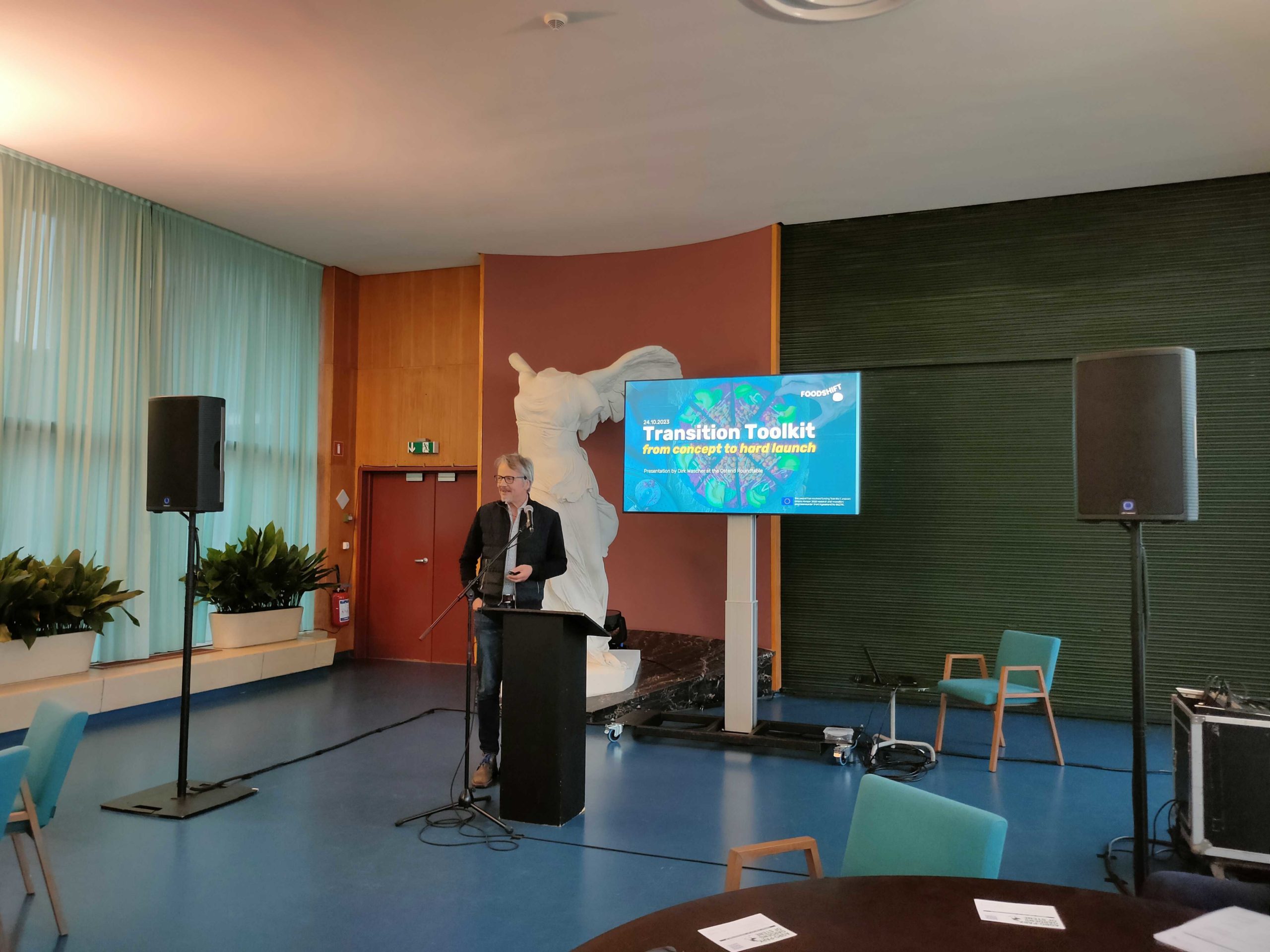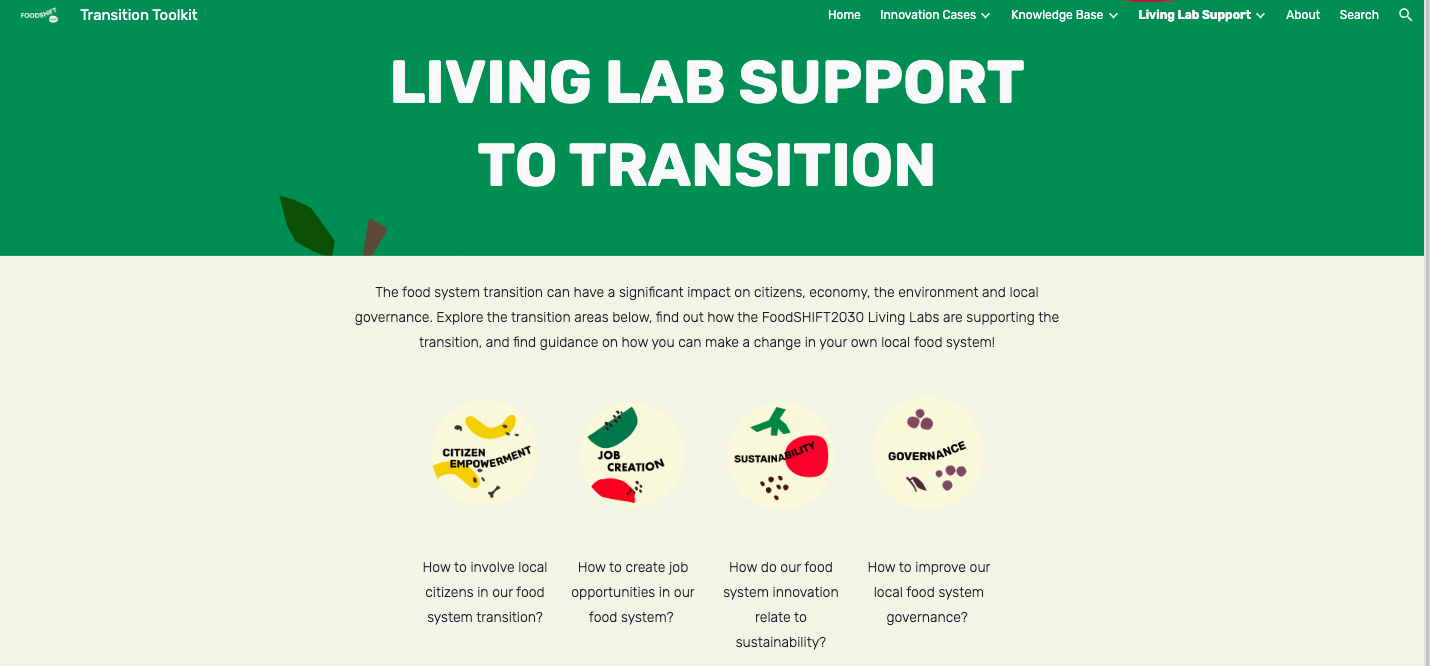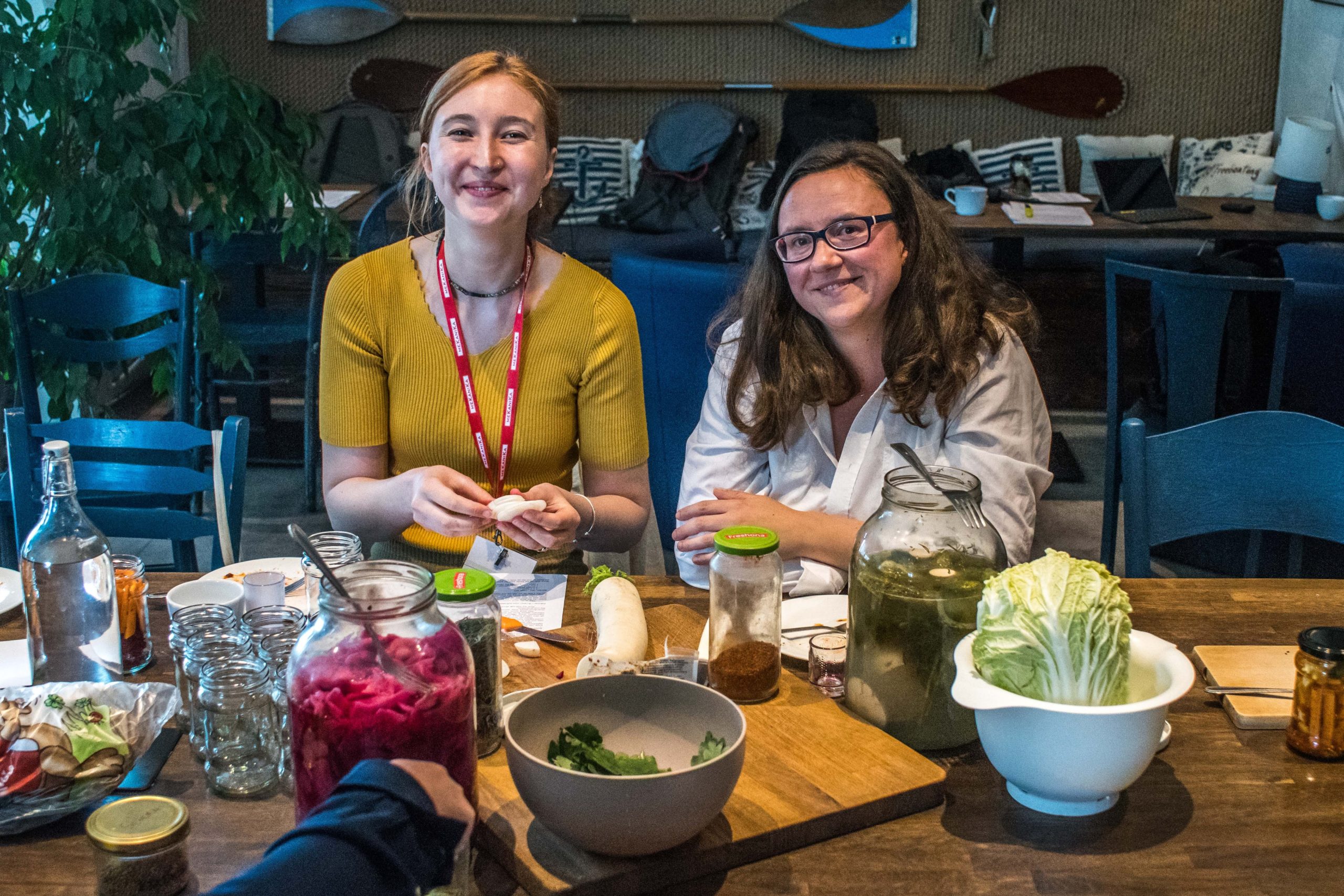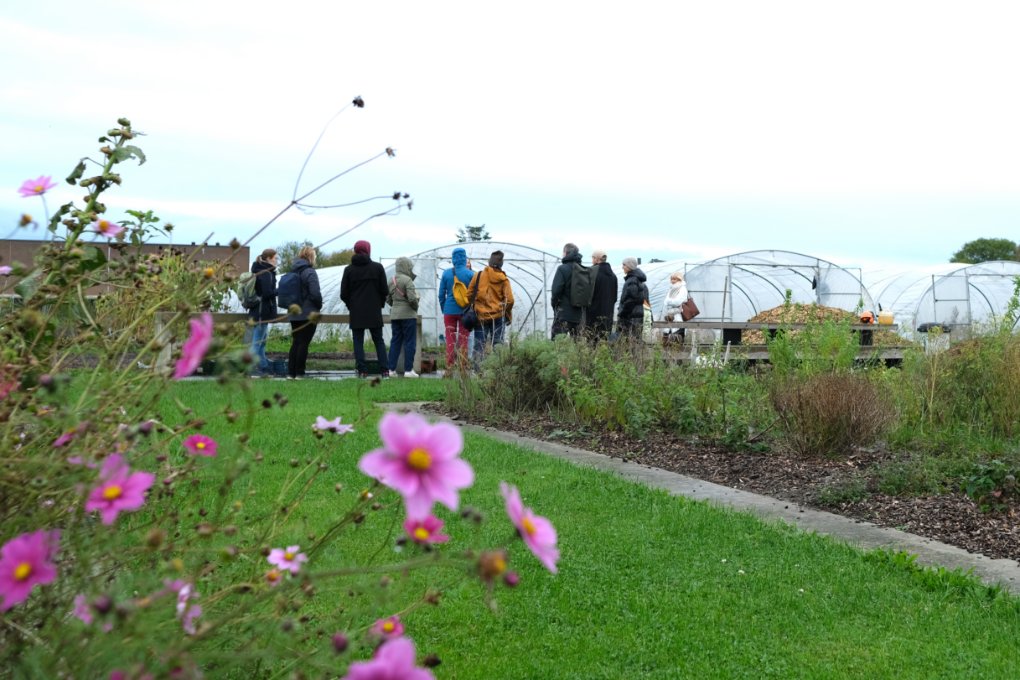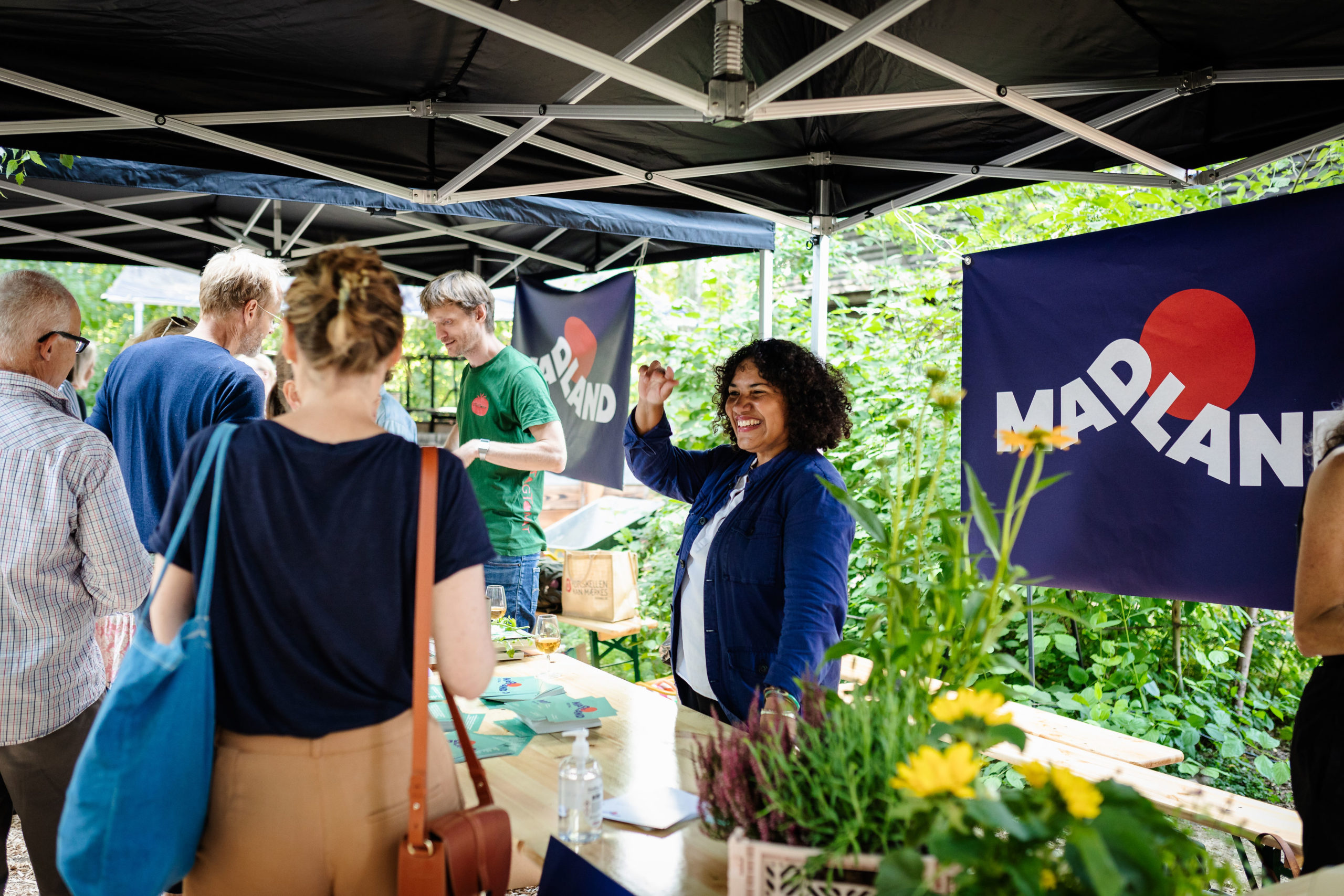Athens’ story: the Open School Lab
13 December 2023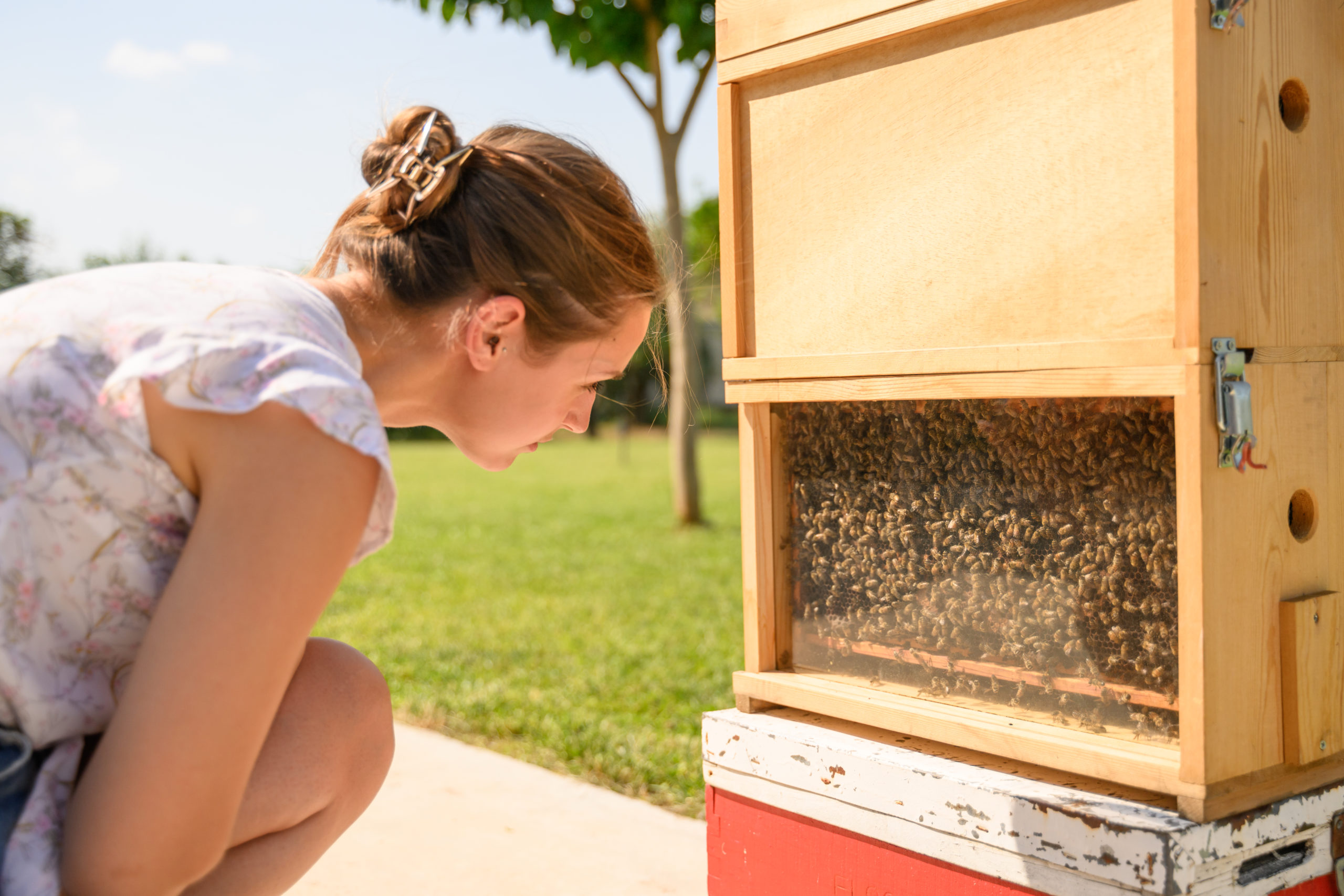
Four years ago nine city-regions took on the challenge to establish FoodSHIFT Accelerator Labs. In this final blogpost, the Athens Lab reflects on the journey and development made during the whole project, through an interview to Katerina Riviou, the Athens Lab coordinator. Explore the Transition Toolkit to to learn more about the other Lab’s experiences, Athens’ city’s reports on innovation and governance and more.
Athens Lab Focus
- The Athen’s FAL goal has been to engage schools in (re-) connecting young people with land and nature as well as using summer courses as training to promote healthy eating and plant-based foods.
- They chose this focus since they had already noticed in previous projects that the students’ relation to the food system and nature is lost and so they felt the urge to restore this relationship and connect the school with the local community.
- To tackle the issue, the first step was really to raise awareness and raise students’ awareness on the issue
- This is easier said than done. For example, finding the necessary funding and connecting to local policy makers to support the process as well integrating societal actors into the educational process and having them actively engaged is hard
- Nevertheless, some major successes can be celebrated, such as being members of the Food Saving Alliance and the connection with the Ministry of Environment, generally raising more awareness on food in the local society, launching upcoming projects focused on education on the food system, yearly summer schools for teachers and being members of the European Partnership for a Sustainable Future of Food Systems
- And there is more: school guidelines for food system transition action plans are in the making to support local schools and beyond in doing the same
- For a city wanting to embark on a similar journey, the recommendation is to be motivated and passionate about the topic and have a clear vision to sustain energy for addressing such a challenging topic. In the end, remember to cherish the successes – no matter how small. Because doing something is always better than doing nothing at all.
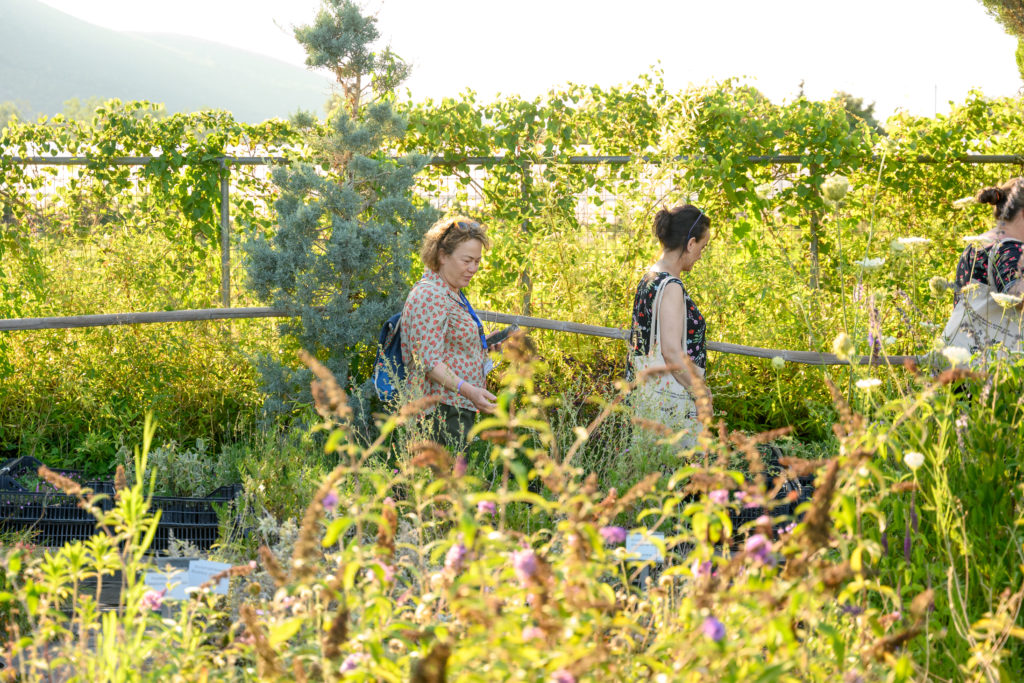
Interview to the Athens Lab Coordinator
What was your city’s specific focus in your food system transition and how did you initially start working with this focus area in your city?
Katerina Riviou
Our goal has been to transform the school, to act as a hub or as a living lab for the food system shift, which is very necessary nowadays with all the challenges that we have. This effort already started some years ago with us trying to support the Food 2030 agenda and leading the Athens City Lab in the context of the Fit4Food 2030 Project. So, what we have noticed, which is actually quite global, is that students’ relation to the food system and nature is lost and we need to restore this relationship and connect the school with the local community. This is something that we have also been working on with the open schooling approach and delivery of those. So, since the challenges of the food system are quite critical nowadays, we need to educate students for them to become the responsible citizens of tomorrow. This is something that we have been working on. And towards this goal, we have adopted this whole school approach. That means that the school leaders need to be on board as well to transform the liberty educational process by integrating, where the curriculum allows, activities having to do with the food system. But also make interventions in the operation of the school itself. It has to do with how the school restaurants and the school canteens operate and how they work towards food waste prevention.
I think that the first step is always raising awareness on these topics. And I think through the process that we follow, through students, the messages go back to the families and the parents at least. Maybe even the grandparents, when for example we ask students to bring some local traditional recipes after talking to their grandparents. So, it’s three generations who are getting involved. I think the first step is really to raise awareness and problematize the issue regarding the challenges that exist. We have run many activities trying to sensitise students to follow healthy dietary habits and promote physical activity and make them more active, e.g., with circulation of physical bands, and smartwatches, etc. So, these activities, you know, they go back to their homes, parents sometimes need to sign consent forms for their children to participate in these activities. I think they get the initial message on these challenges. Of course, there are barriers in that. Time, you know, the modern lifestyle, we are out of the house for a lot of time each day. Sometimes even the financial status can be a barrier for citizens to engage, etc.
What were some obstacles or challenges you faced in your food system transition and how did you overcome them (or are planning on overcoming them)?
Katerina Riviou
You know, one of the elements of the Living Lab approach is to open the school to the local community, to integrate societal actors into the educational process. This is not something easy to achieve, and to have these actors actively engaged. But we have been working on this open school model for many years now. We have coordinated the first opening school project in fact. So, we are always trying and working in this direction. Because we also feel that the expertise, stakeholders from the quadruple helix of innovation, which includes researchers, industries, NGOs, etc. which are quite useful to be integrated into the educational process. The final step in this approach is that the outcomes of the educational interventions go back to the local community. So, at the end of every school year, we organise festivals or open days, where the outcomes of students’ projects are shown to their families, to their important others, and of course, to the local community.
I also think that COVID and lockdowns, etc. were a challenge. Also, for addressing other food system stakeholders. We did have the opportunity, though, to run an interesting survey at that point on the dietary habits of students during school closure versus before. But it was a high effort, you know.
Funding is another challenge. Because we are also working on multiple levels. So, it’s a different thing if you are just working internally than if you try to extrapolate your approach to organisations as well. So, resources, financial resources are needed. And I also think if the connection to local policy makers is strong, that could create a great push. But also, because we have been active in other projects for a long time, we are also strongly connected to policymakers with the Minister of Education, as you can imagine. So, the Institute of Education and Policy. So, this is another venue for helping us reach out to national levels.
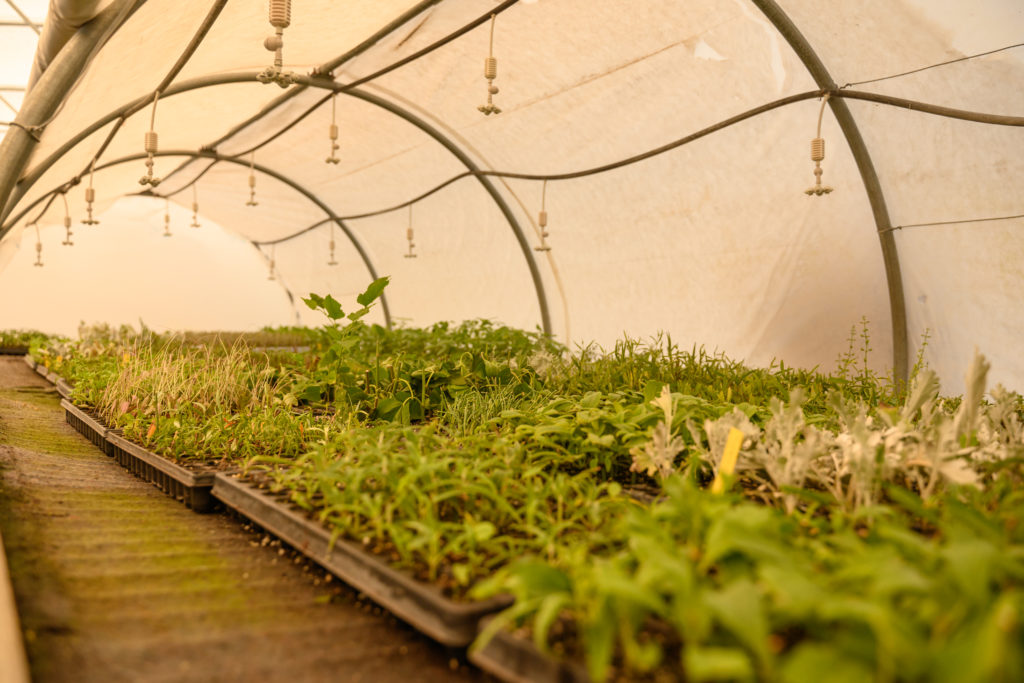
If you look back on the last four years, what would you say were your biggest achievements or impacts that you achieved during the project?
Katerina Riviou
I would say that one of the primary successes would be us being members of the Food Saving Alliance and the connection with the Ministry of Environment. And then, for example, that the municipality has started working on the online citizen engagement tool that is provided by the project. After our collaboration and proposal, the goal is to bring the schools and the municipality together and to support the incentives among them. And the meeting that took place on their premises where teachers and principals from schools came together, and we discussed the activities they run and the problems in school operations, food procurement etc.
I hope that we can continue to work in this direction. Because also, in terms of local policy making, I think food is left behind. With our work during the last few years, we tried to promote the importance of the topic.
What I see as a next step, and I think that this could already be an outcome for this project, are some guidelines for schools on having an action plan regarding the activities they could undertake regarding food system shift. And I think we will also go beyond that. Like a green action plan that can be monitored annually and updated. But we will also start working on integrating the educational activities we provide.
Lastly, we are very proud that we have organised the two summer schools in the last two years. And our goal is to keep organising these teacher training activities with the participation of teachers from all around Europe. And with the participation of our innovators in these activities, we gave them the chance to introduce their innovations to teachers, and we trained them (the teachers) in applying the living labs approach.
Also, we are very proud that we have succeeded in applying for subsequent projects, e.g., one focused on education, the Foodshift Pathways. This helped us pave our way also in the context of FoodSHIFT2030 e.g., we did a teacher needs analysis, with surveys with teachers, to have a more robust picture of their training needs, mapping of sustainability competence frameworks and the barriers and the enablers for integrating food system educational activities in the curriculum, their views on the competencies that students need to develop and studying on from the green comp, the green competence framework. And our goal is to also enhance the educational materials we have. We have created an online community of practice for teachers where they can share their resources and exchange insights from implementation and adopt these activities. So, this is also a way to disseminate and outreach the activities we do even beyond the regional, local endeavor. Lastly, we have managed to be members of the European Partnership for a sustainable future of food systems, a long-lasting European endeavour.
What advice do you have for other cities who want to embark on a similar journey?
Katerina Riviou
I would say that you need to be motivated. You need to be passionate about the topic. Because it’s quite a challenging topic, and you need to work and try a lot to engage people, stakeholders and create some outcomes.
Have a specific vision and work on that. I think in the end, even if you have small successes, these are quite beneficial compared to not doing anything at all.
Contact information?
Katerina Riviou, Ellinogermaniki Agogi, R&D Dept., kriviou[@]ea.gr, +30 2130070582
Read more about the Athens Lab in these blogposts:
The “Schools as Sites for Food System Transformation” Summer School
Schools as sites for Food System Transformation: Summer School 2022
